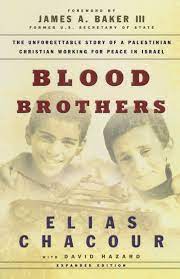 |
| Sermon on the Mount by Cosimo Rosselli |
scroll down to listen to sermons. click on the highlighted link.
The beatitudes are sayings that introduce a sermon preached by Jesus recorded in Matthew's Gospel. They are part of a larger sermon, eight sayings that begin with the phrase "Blessed". Two book ends, "for theirs is the kingdom of heaven" sets the tone: the blessed are those that are the citizen's of God's kingdom, those that are seeking God's kingdom. This is a key teaching in Jesus' preaching. The word for "Blessed" is the word meaning happy or fortunate, but carry the connotation that these people are happy not because their circumstances are good or bad but because they have been blessed by God, divine favor has been bestowed on them, God's divine approval. What comes as a surprise is that they are complete opposites of what we normally value as humans. Happy and blessed are not the powerful, the wealthy, the strong, and the armed. Rather the poor, those that mourn, the meek, the peacemakers, those that hunger for justice, the merciful, the pure in heart, and the persecuted. This is the last installment of a sermon series looks at each of these beatitudes as we seek to understand what it means to live under God's heavenly kingdom, the gracious and loving rule of God.

